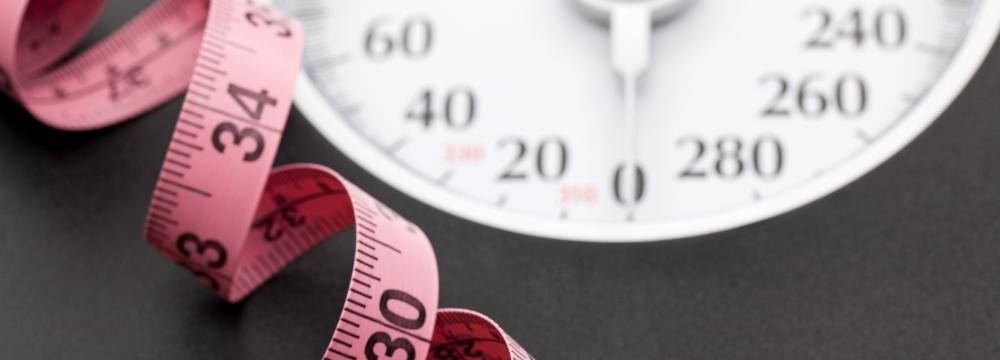You are in an incredible place. You’ve done the research, met, and chosen a surgeon, feel comfortable with the staff and the support plan, and above all else, are putting yourself first for probably the first time in quite a while. You are ready to have bariatric surgery and are committed to whatever it takes to ensure the success of your procedure and the long-term results.

What many of us forget to add to our checklist are the very real conversations that need to be had with family and friends. Some of you have already done this, weighing their opinions and thoughts during the decision-making process. While some have family and friends who are solid sounding boards and cheerleaders for their life decisions, not everyone has that type of support system. Some actually have friends and family who have not only challenged their decision to undergo surgery but have probably even contributed to the negative feelings about themselves and led to the coping behaviors, like food, which medicated these tough relationships for years.
And these behaviors are not exclusive to unsupportive family and tough childhoods. Friends are crucial to creating the support system one needs. They are needed even more so after undergoing a life-changing decision like bariatric surgery. Not only does one need help in the physical sense post-surgery, but the emotional and psychological support of knowing those around you understand this next step of your life is critical.
Some friends may distance themselves because of the decision you’ve made. Not want to “hang out” anymore because you’re not fun going to happy hours and indulging in foods that will sabotage your goals. Others may distance themselves because you used to be “one of them.” You understood their addiction to food, laughed and self-deprecated in the same ways, and there was comfort in this. “Losing a friend” because of a decision to take charge and take care of oneself is a very frightening thing, both for the bariatric surgery patient and the former friend who feels abandoned. This is not only an ideal opportunity to really explain this period of your life to them but maybe even encourage them to start adapting some of your smaller lifestyle changes, that in turn, could change their lives as well. Good behaviors breed other good behaviors, and when they start seeing your results, the impact you could have on them could be invaluable.
Negativity aside, friends and family can truly provide a critical function in your bariatric surgery journey. We’ve already mentioned that some families and friends are the types to help you research, strategize, and champion you to the finish line. But others, perhaps less vocal or involved, can also be useful. They can serve as reminders of a mentality or lifestyle that you no longer wish to adopt. They can serve as reminders of how “trapped? you could’ve been if you didn’t break the cycle. And ultimately, they can serve as a reminder that you are an individual with the ability to choose those with whom you surround yourself. There is tremendous power in this, and if taking the plunge into bariatric surgery wasn’t proof that you were strong enough, this realization should convince you.
So how should I approach my family and friends once I’ve made the decision?
Truly, what type of family and friends you have really aren’t the issue. The issue is how you are prepared to take the feedback. The message is the same: you’ve decided to take charge of your life and health and have decided to undergo bariatric surgery. Why? To jumpstart a new way of life that will give you long-term health benefits, address comorbidities, and have the welcome side effect of a new appearance. Be ready with your answers. Be ready with your research. You know what type of support group, or lack-there-of, you have. The more educated you are about your own journey, the better equipped you will be to have these conversations. Some may challenge you about your health, others may be concerned for the lifelong follow through. These are all valid concerns.
This period will also give you the opportunity to see those who surround you in a new light. Who is rooting for you? Who’s asking thoughtful, important questions for your well-being? Who, right out the gate, is doubting you, bringing up past poor behaviors, telling you you’re going to fail at this like everything else? In this moment you are your most vulnerable. You are asking for a support system — that you will ultimately need throughout life, and it has been revealed to you who’s on your team and who’s not.
Once these conversations are had, engage them in being part of your journey. Foodies can help you find new ways to eat old favorites, the more adventurous ones can try the exercise classes or hiking paths with you. The solid shoulders to cry on can hear your frustrations and perhaps guide you with good advice. By including others on your journey, you are less alone and you show them your new side. This could change their perspective in seeing that you mean it this time – that you are in it for the long haul.
You’ve made the difficult decision. You’re proud of yourself for taking charge. Do not regress and allow naysayers and negative thoughts – from those who themselves have not taken control – derail what you know is best for you and that will ultimately change your life.









